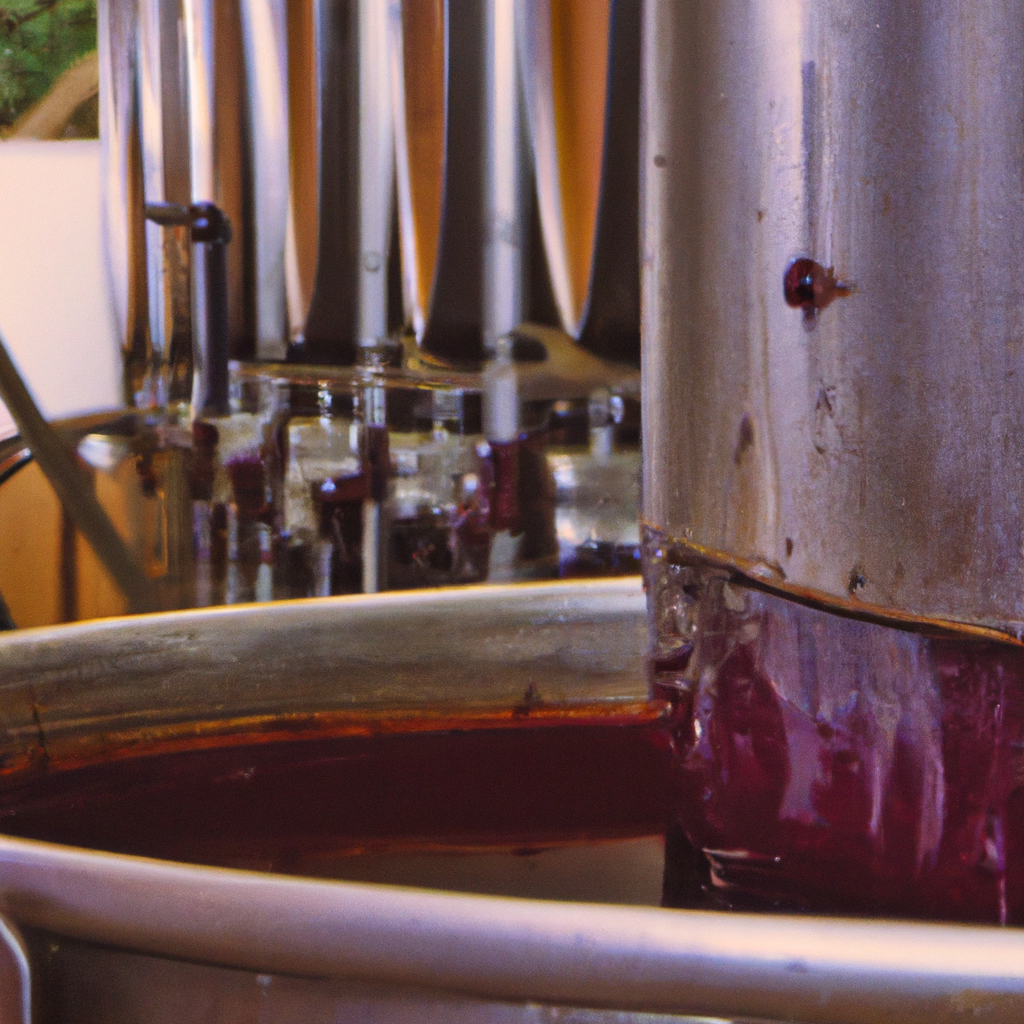Winemaking is a centuries-old process that has been refined over time to create the delicious and complex wines we enjoy today. The process of winemaking involves several steps, from vineyard management to grape harvesting, grape crushing, wine fermentation, wine aging, wine bottling, and wine production. In this article, we will explore the different stages involved in the winemaking process.
Vineyard Management
The first step in winemaking is vineyard management. This involves selecting the right grape variety, planting the vines in the right soil, and ensuring they receive the right amount of sunlight, water, and nutrients. Proper vineyard management is essential to produce high-quality grapes that will result in excellent wines.
Grape Harvesting
Once the grapes are ready, they are harvested by hand or machine. It is important to harvest the grapes at the right time to ensure they have the right sugar and acid levels. Too early or too late harvesting can affect the quality of the wine.
Grape Crushing
After harvesting, the grapes are crushed to release the juice. This can be done by hand or by machine. The juice is then separated from the skins and seeds. This process is known as must.
Wine Fermentation
The must is then fermented. During fermentation, yeast is added to the must, which converts the sugar into alcohol. This process can take anywhere from a few days to a few weeks, depending on the wine style and the winemaker’s preference. During fermentation, the temperature and oxygen levels are carefully controlled to ensure the wine develops the right flavors and aromas.
Wine Aging
After fermentation, the wine is aged. This can be done in steel tanks, oak barrels, or other types of containers. The aging process allows the wine to develop its unique characteristics, such as flavor, aroma, and color. Some wines are aged for a few months, while others can be aged for several years.
Wine Bottling
Once the wine has aged, it is ready to be bottled. The wine is bottled, labeled, and corked. The cork is an essential part of the bottling process as it helps to keep the wine fresh and prevents oxidation. The wine is then stored in a cool, dark place until it is ready to be enjoyed.
Wine Production
The final stage of the winemaking process is wine production. This involves marketing and selling the wine to consumers. Winemakers can sell their wine directly to consumers or through distributors. The wine is promoted through advertising, wine tastings, and other marketing efforts.
In conclusion, the winemaking process is a complex and time-consuming process that involves several steps, from vineyard management to wine production. Each step is crucial to producing high-quality wines that are enjoyed by wine lovers around the world. By following the steps outlined above, winemakers can produce delicious and complex wines that showcase the unique characteristics of the grapes and the winemaking process. Whether you are a wine enthusiast or a winemaker, understanding the winemaking process is essential to appreciating and producing excellent wines.







